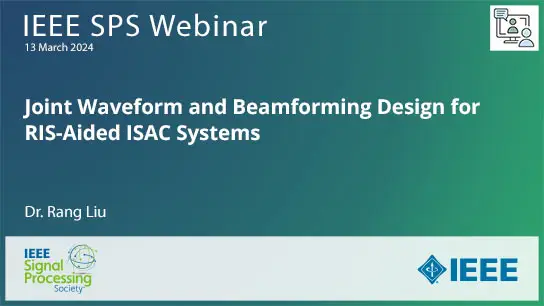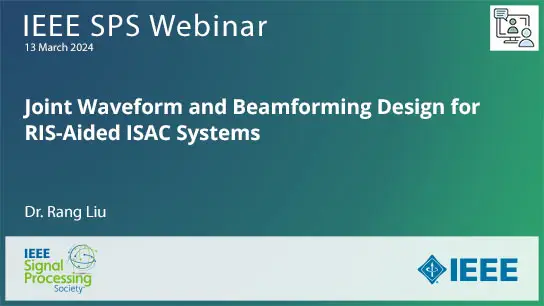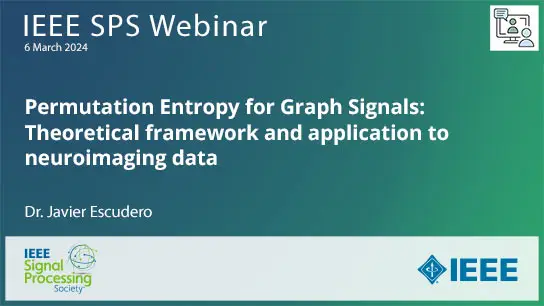-
Members: FreeSPS
IEEE Members: $11.00
Non-members: $15.00Pages/Slides: 30
14 Sep 2021
This webinar will demonstrate how deep learning can solve difficult communication problems that prior approaches often fail with two case studies. The first half will discuss a novel iterative BP-CNN architecture for channel decoding under correlated noise. This architecture concatenates a trained convolutional neural network (CNN) with a standard belief-propagation (BP) decoder. The standard BP decoder is used to estimate the coded bits, followed by a CNN to remove the estimation errors of the BP decoder and obtain a more accurate estimation of the channel noise. The second half will discuss PCNet, a deep neural network (DNN) based power control method that aims at solving the non-convex optimization problem of maximizing the sum rate of a fading multi-user interference channel. A key challenge in training a DNN for the power control problem is the lack of ground truth, i.e., the optimal power allocation is unknown. To address this issue, PCNet leverages the unsupervised learning strategy and directly maximizes the sum rate in the training phase. This webinar will also incorporate ensemble learning with multiple independently trained PCNets to achieve universally superior performance over state-of-the-art power control solutions under a variety of system configurations.


